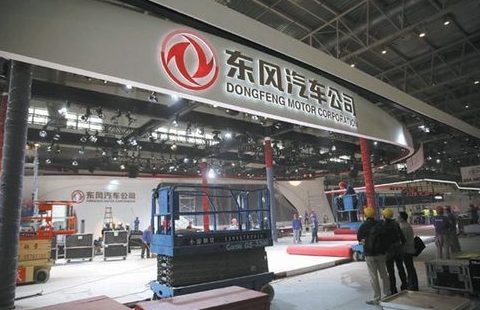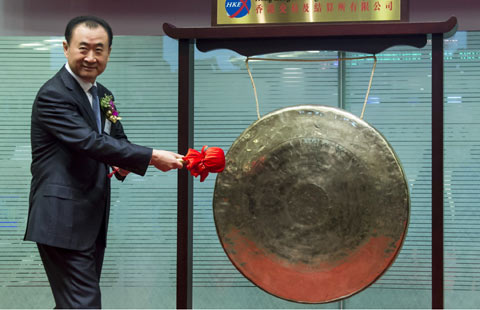Oil slump offers reform opportunity for China
(Xinhua) Updated: 2015-01-07 09:51Lin Boqiang, director of the China Center for Energy Economics Research at Xiamen University, said the latest oil drop and slowing domestic demand created the "basic conditions" to improve the pricing mechanism.
China's oil price adjustment mechanism calls for changes when international crude prices change by more than 50 yuan ($8.14) per tonne within 10 working days.
Retail fuel prices have been cut for the tenth consecutive time since July as the government reacts to lower crude prices. But the system is still at the discretion of the government, Lin said, suggesting the government should hand over power to a third-party agency to improve transparency and make it more responsive to market swings.
"A more transparent mechanism will also help create a stable environment to encourage social capital to enter the energy sector," Lin said.
In China, the oil market is largely monopolized by state-owned companies such as Sinopec, PetroChina and CNOOC, whose inefficiency and widespread corruption have long been a source of public complaints.
In times of high oil prices, the giants may feel reluctant to reform themselves, but when lower global prices squeeze their profits, they have to make changes, creating an opportunity for social capital in the sector, Lin said.
- Shanghai OKs oil, gas trading center
- China opens futures market to overseas traders for specified products
- Top 10 economic events in 2014
- Oil giants have the cash and the clout to develop shale resources
- Falling oil price benefits Chinese consumers
- Oil-led slump drives investors out of corn and other commodities
- China pushes for SIM card registration in crime crackdown
- Oil slump offers reform opportunity for China
- China's private financing to hit 18t yuan in 2015
- Executives of Credit Suisse's China partner summoned in probe
- China's express deliveries increase by 52%
- ICBC to clear RMB in Bangkok
- China's upbeat housing sentiment rolls into 2015
- Premier's southern trip to push China's reform drive

















